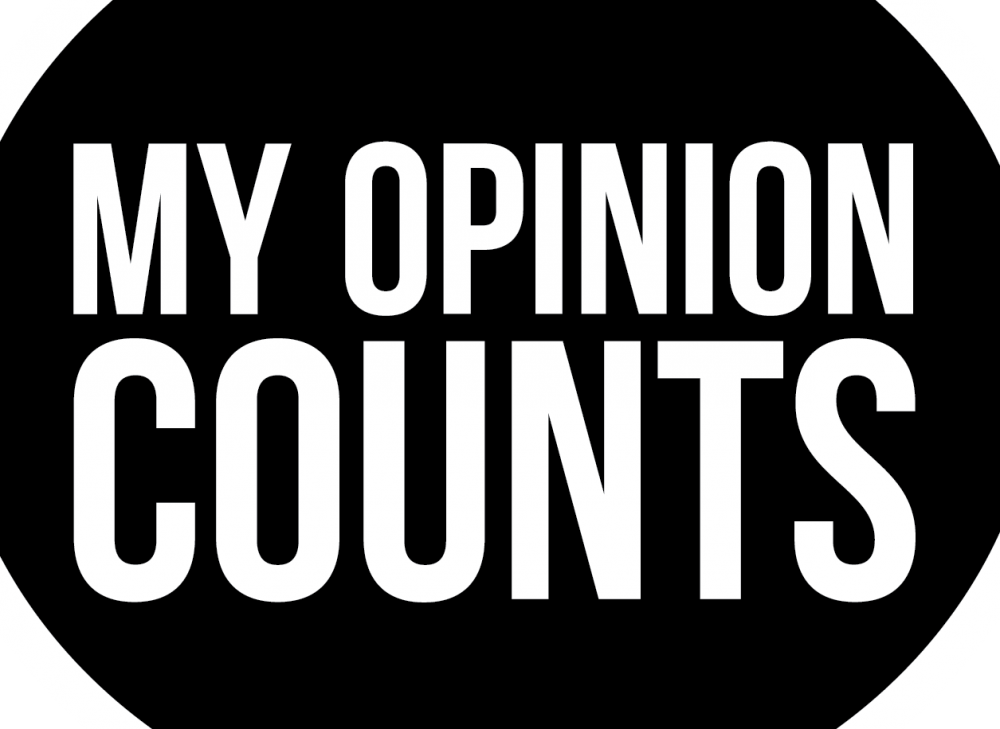Apple’s iTunes program recently launched a controversial campaign that was heavily favoured in the direction of U2 – the world renowned band that offered fans the chance to download their latest album, “Songs of Innocence” free of charge. One question though – was it truly all of their fans? Was there even a chance of downloading it? The answer to these million dollar questions is…NO!
The album was already waiting for you in its library which was a major turn off for many consumers of one of the most highly used and reputable music platforms in the world. There are many music lovers out there who are not fans of U2, and there was much backlash in light of this campaign due to the fact that there was confusion over deleting the tracks from one’s library.
Was this publicity stunt truly a winner or loser for Apple’s PR (Public Relations) department? What I’m really wondering is, why did they not provide users of the iTunes platform the opportunity to decline the songs if they wished to? One could argue from a social media standpoint that U2 received an unfair amount of coverage and exposure by teaming up with Apple for this. Many people started raising questions as to why other bands and even individual artists did not receive this opportunity.
I recall a similar, yet very different approach from Apple’s major rival known as Samsung. It offered Jay Z fans the opportunity to receive his newly released album, “Magna Carta Holy Grail” free of charge as long as they were one of the first million customers to purchase a Samsung Galaxy device. However, the major difference in these two situations is that one had to download the album themselves from Google Play. I believe this was extremely smart on the companies part as people can change their mind sometimes, and they had the option to not have the album on their devices by default if they wished so. Another strong factor is that there are most certainly more than 1 million Jay Z fans with Samsung devices according to certain statistics and market research carried out. In case one fan did not desire to download the album, another one would and sure enough the promotion came to an end as it crossed the million mark very quickly once this campaign was announced.
From a business perspective, Jay Z was able to strike a deal that allowed him to gain even more attention in the public spotlight, while still earning revenue from any copies of his album after the million mark, since only the first million were complimentary. In Apple’s case, not only did it suffer as a company, I believe the band’s reputation in U2 took a hit as well. It will be interesting to see how both sides bounce back from this situation, but I was definitely a very frustrated iTunes user myself when I had an album already waiting for me in my library that I had no interest in hearing to begin with.

